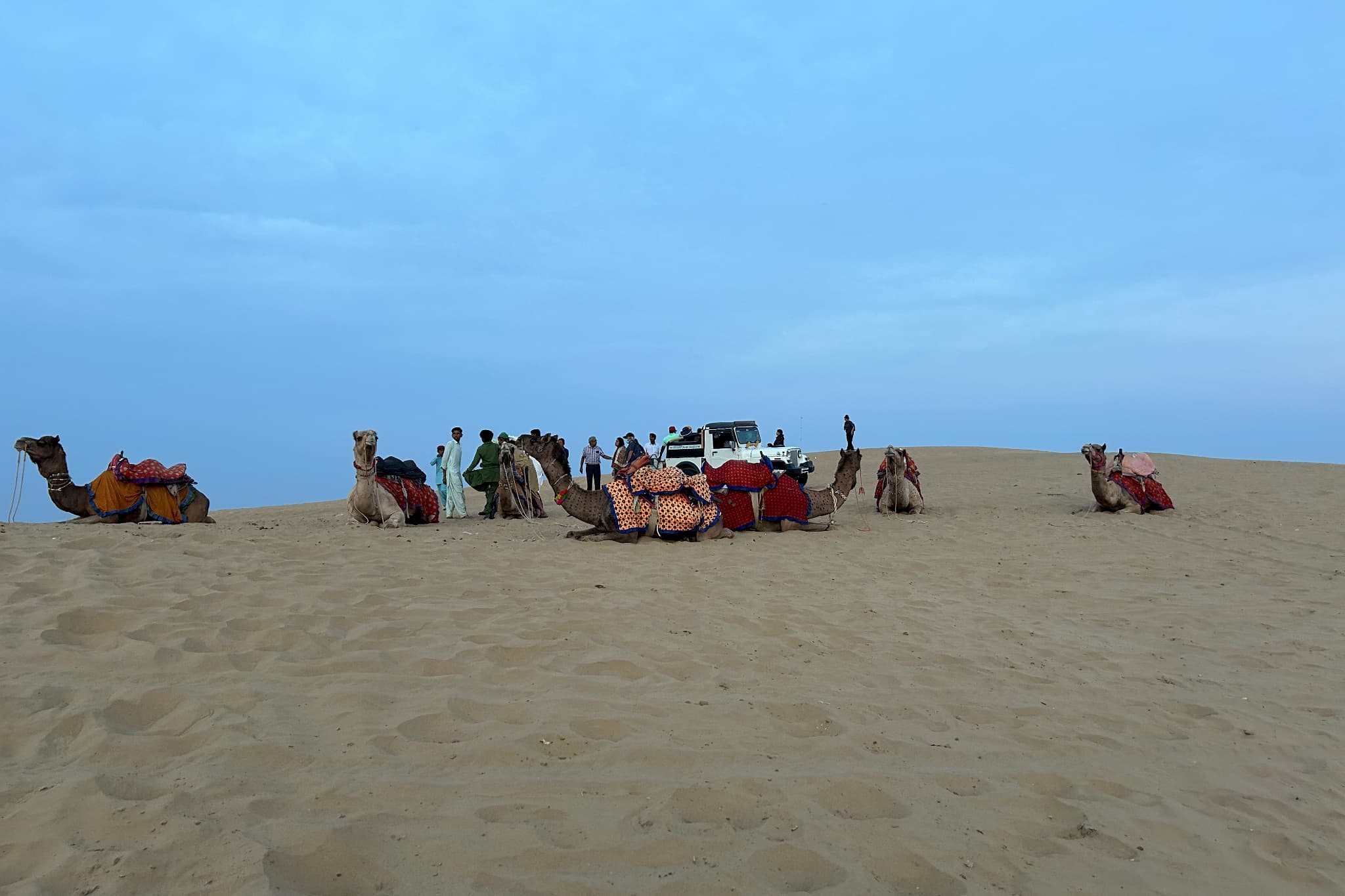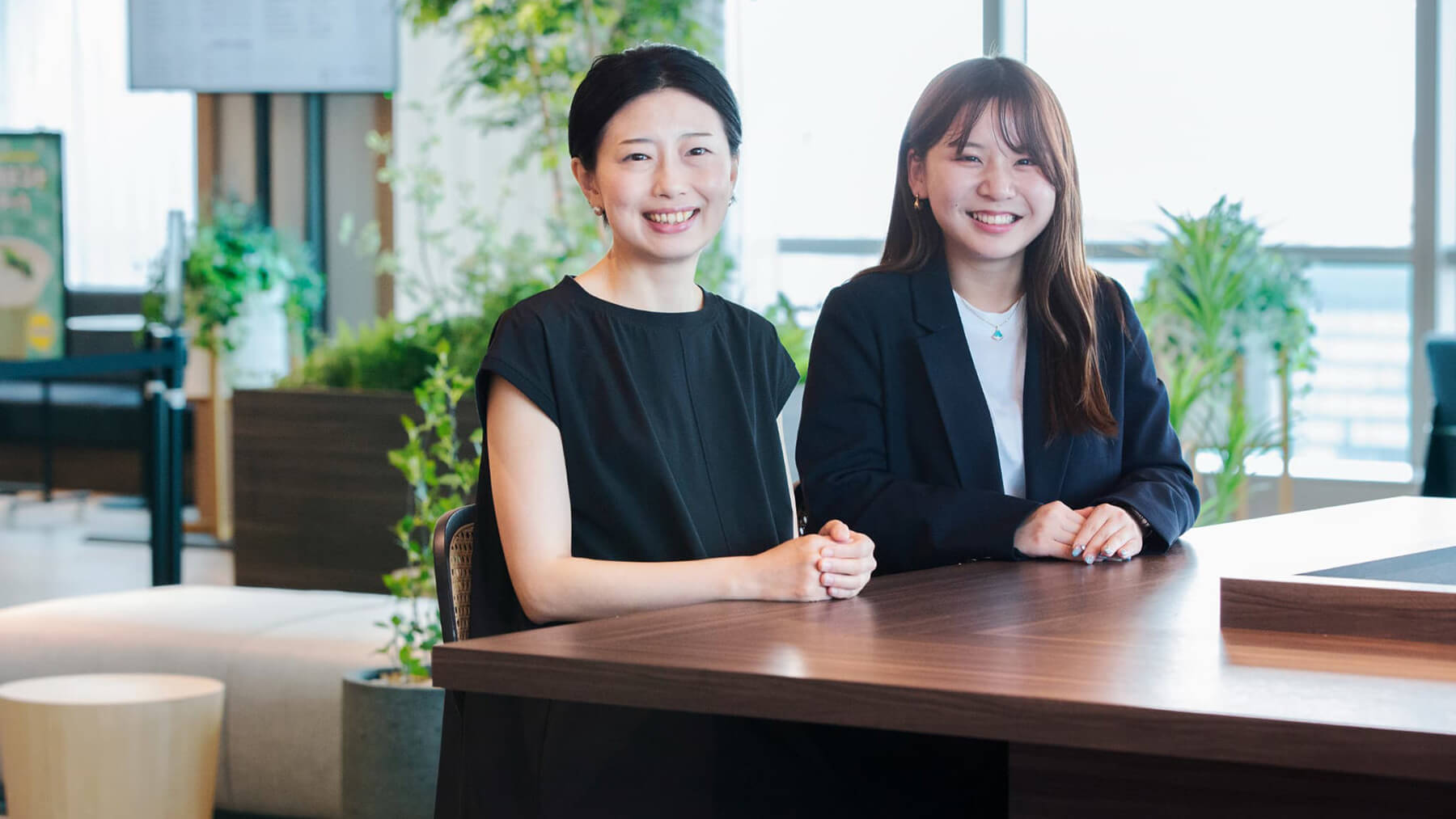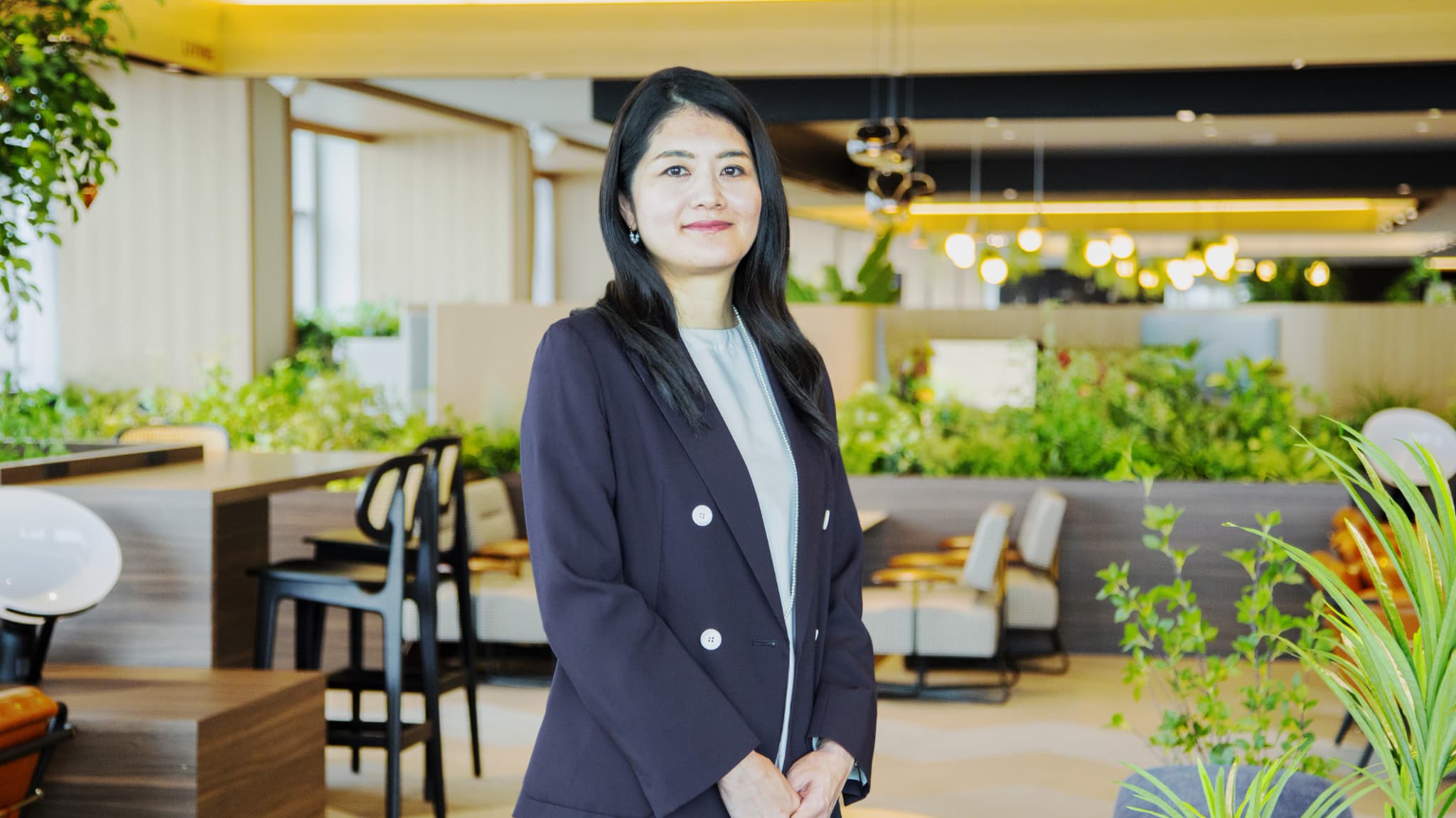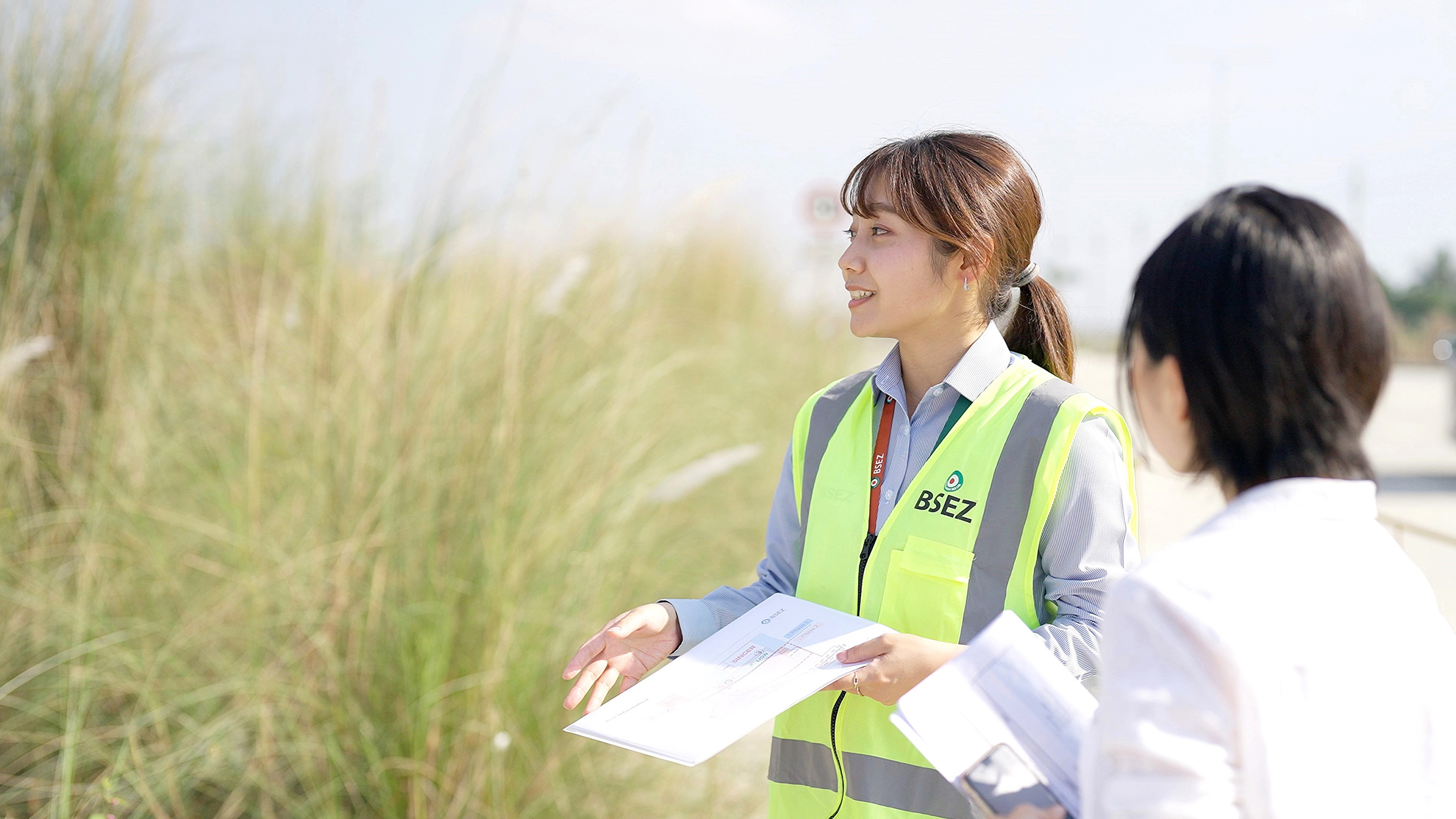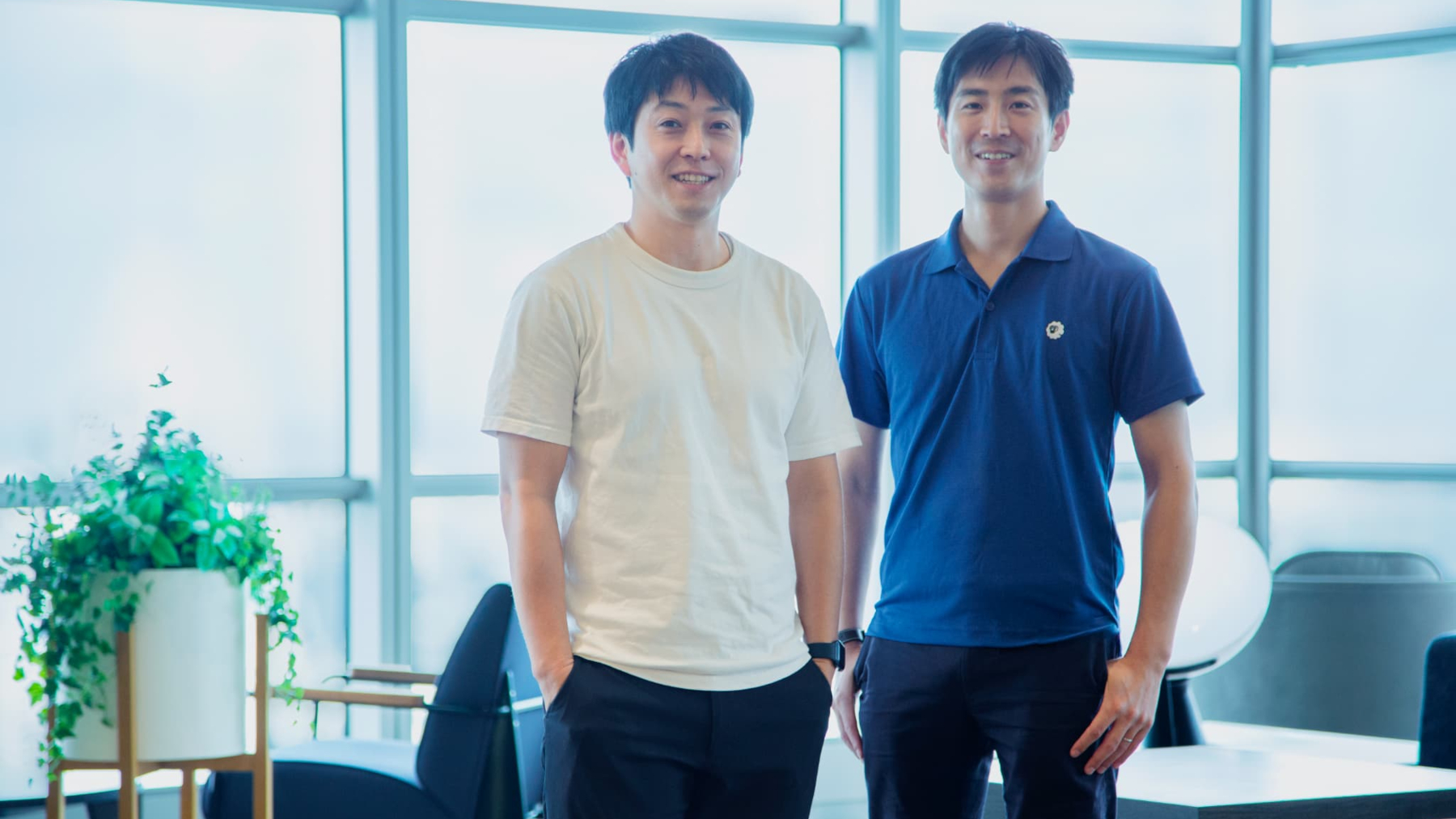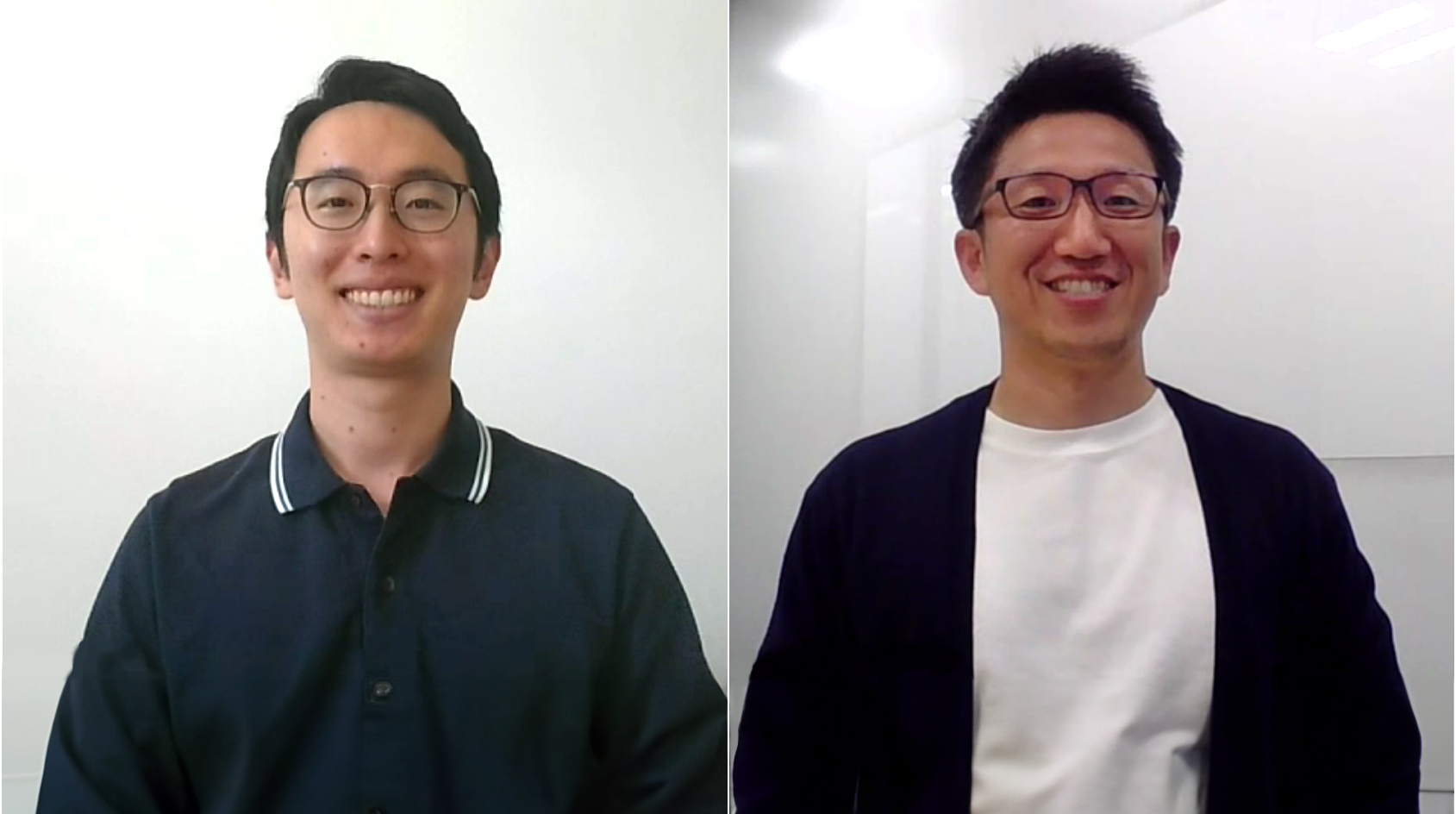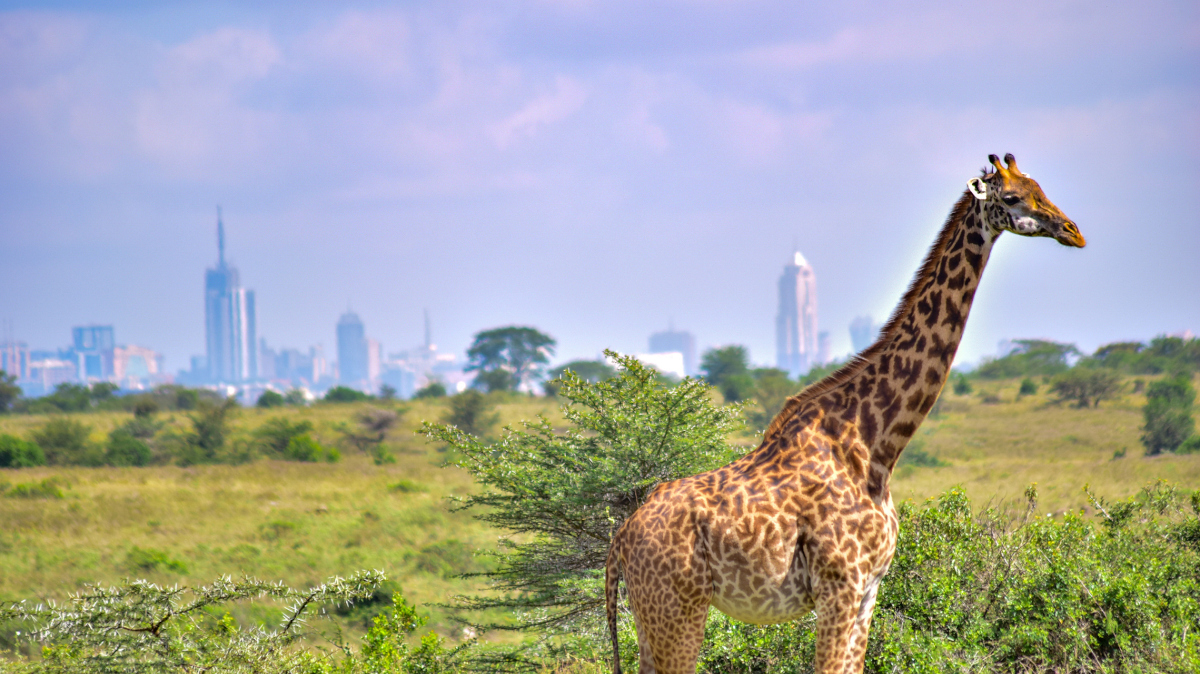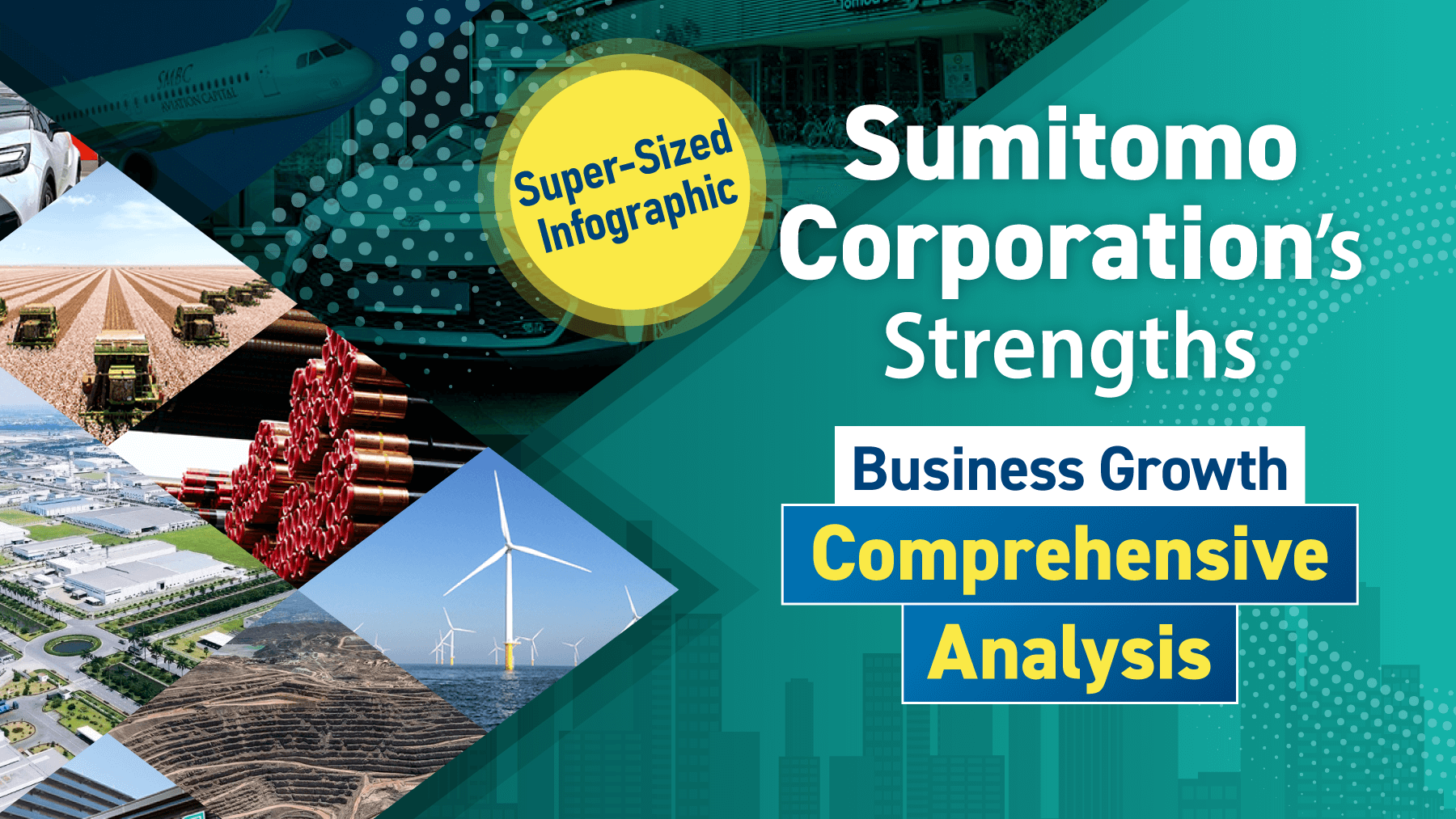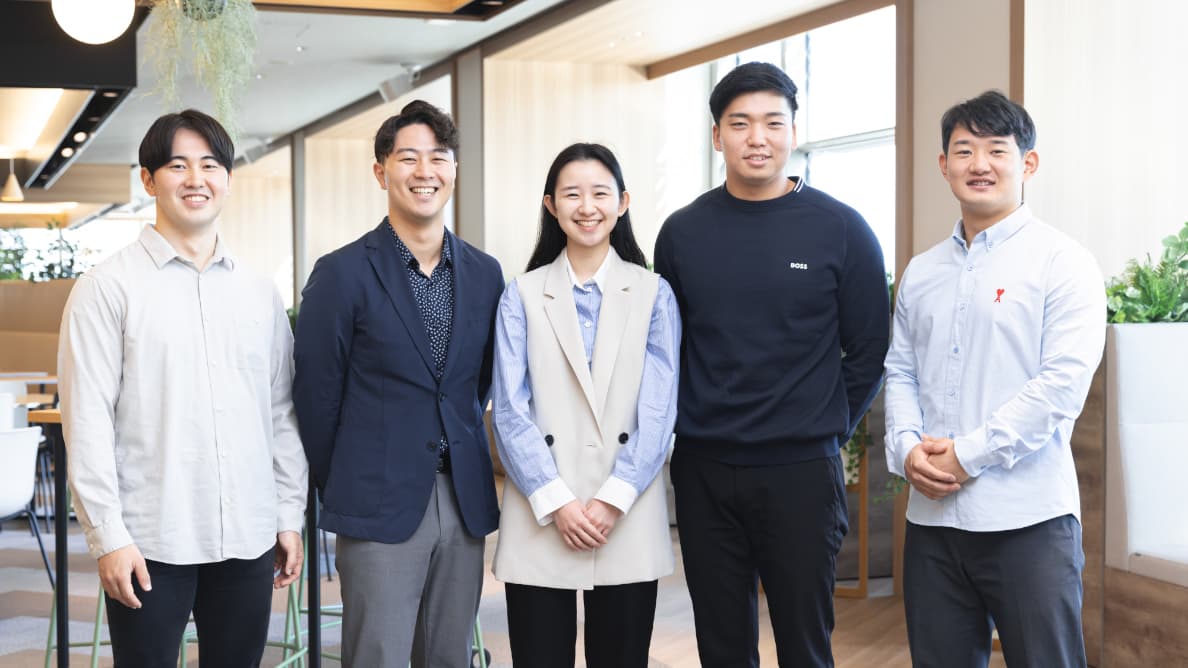
- TOP
- Enriching+TOP
- World Biz+ India: Sumitomo Corporation Employees Overseas Work With Local Businesses Toward New Societal Development in India
2024.6.13
Business
World Biz+ India: Sumitomo Corporation Employees Overseas Work With Local Businesses Toward New Societal Development in India
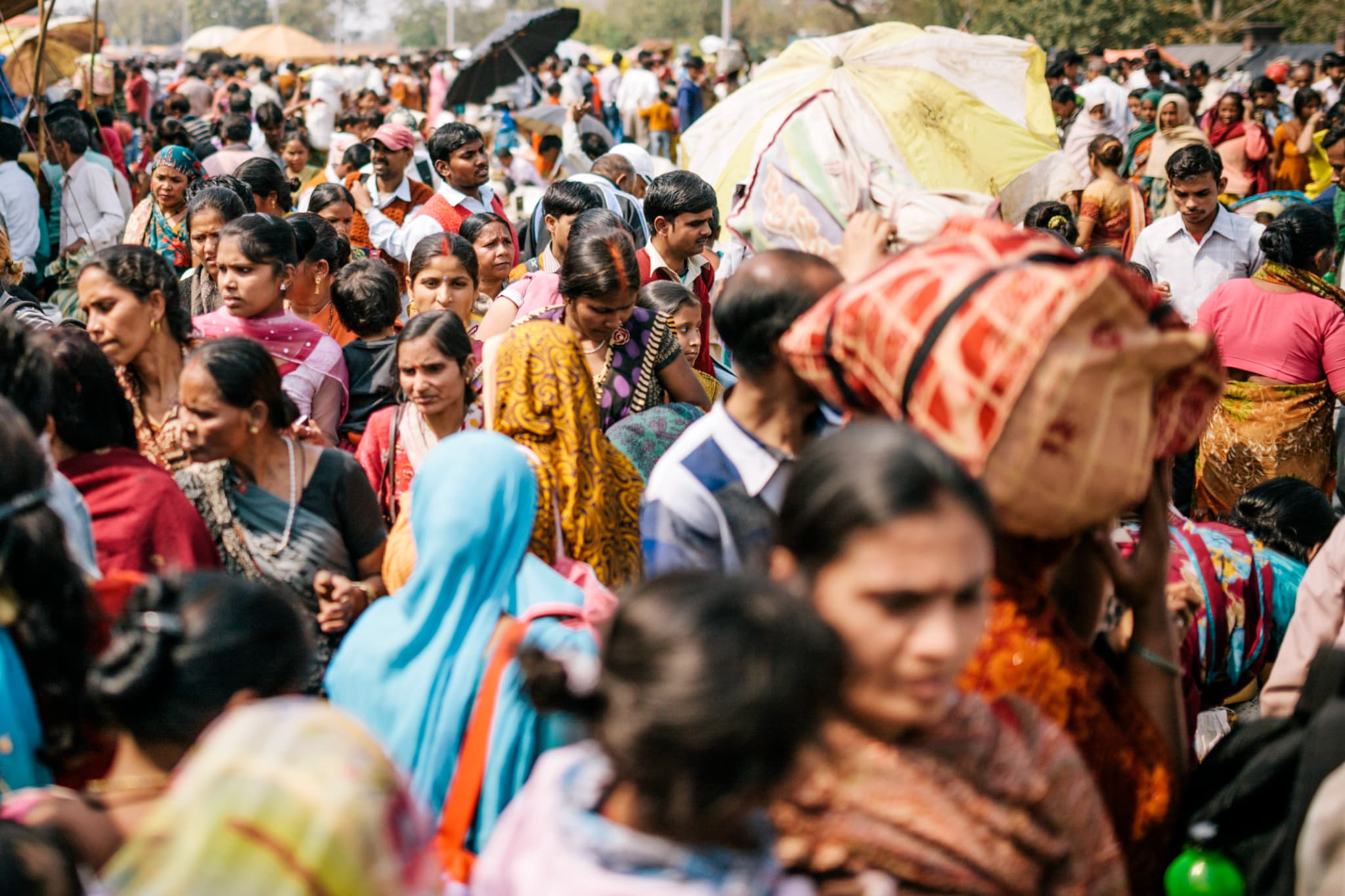
Every day, Sumitomo Corporation Group employees go above and beyond in their daily work across a wide spectrum of industries around the world. In WORLD BIZ+, we reveal the latest news on Sumitomo Corporation's global business through the experiences of these employees. In this installment, the spotlight is on India, where we have been doing business for around 70 years, since 1950. In fact, it was in Bombay (now Mumbai), that Sumitomo Corporation established its first international outpost. Let’s take a look at the history of business in the fast-growing country of India, Sumitomo Corporation’s initiatives with local companies and our employees’ work to promote social and economic development in the country.
-
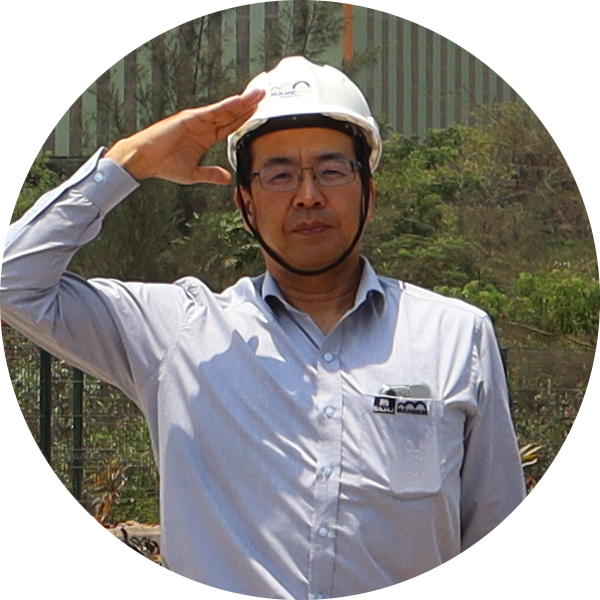
Wire Rod & Specialty Steel, Forging & Casting Business Dept.,
Sumitomo Corporation Global Metals Co.,Ltd.Kazushi Katayama
Since joining the company as part of the Wire Rod & Specialty Steel Trading Dept. in 1993, he has been involved in the handling of wire rod and specialty steel in Tokyo, Nagoya, Thailand and other locations. In 2019, he was transferred to Mukand Sumi, a joint venture between Sumitomo Corporation and Indian specialty steel manufacturer Mukand, to begin his assignment in India.
-
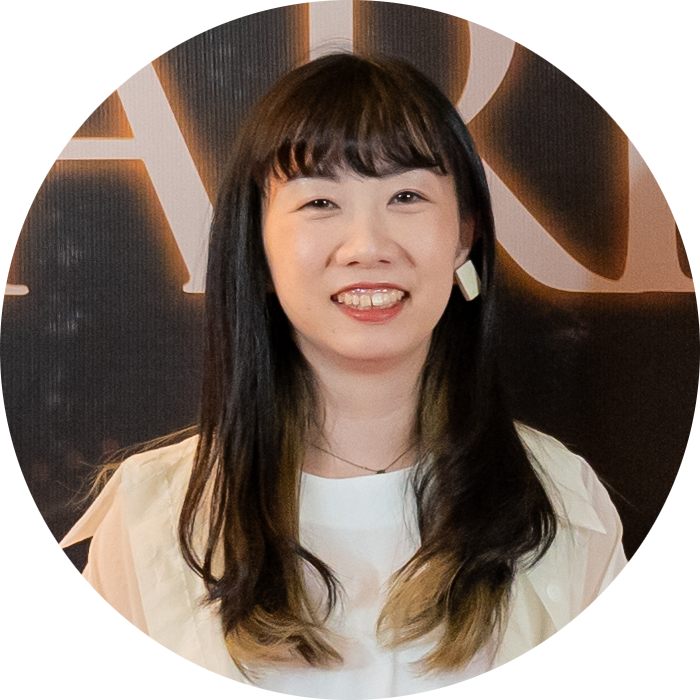
Overseas Real Estate Business Unit, Real Estate SBU
Yuka Nagao
Having joined the company in 2015, she was transferred in June 2023 to Krisumi Corporation, a business enterprise jointly established by Sumitomo Corporation and India's Krishna Group. She currently works at an office in Gurugram, located approximately 30 kilometers from the center of Delhi, India’s capital.

-
[+History]
Expanding Business in Four Locations, Taking Advantage of the Power Generated by a Population of 1.4 Billion People -
[+Business]
Supporting India's Growth with Steel, an Essential Component of the Auto Industry -
[+Business]
Creating a New Town Anchored by Condominiums in an Up-and-Coming Area near Delhi -
[+Future]
Committed to India's Development Over the Mid- to Long-Term
[+History]
Expanding Business in Four Locations, Taking Advantage of the Power Generated by a Population of 1.4 Billion People
In 2023, India overtook China to become the world's most populous nation. With the world's fifth largest GDP in 2023 and a year-on-year growth rate of 7.6% (forecast for FY23/24), the country is expected to overtake Japan and Germany to become the world’s third largest economy in the years ahead. Sumitomo Corporation established its first international outpost in Bombay (now Mumbai) in 1950. The Calcutta Office was established in 1954, the New Delhi Office in 1956, the Madras (now Chennai) Office in 1961, and the Bombay Office in 1964. In 1997, Sumitomo Corporation India Private Ltd. was established.
Currently, Sumitomo Corporation India has four offices, including branches. We are also working with eight Group companies in India to capture the steadily growing market. Our business in India is diverse, including trading activities regarding automobile manufacturing equipment and parts, chemicals and agricultural chemicals, steel products, carbon materials and coal. We are also investing in the manufacture and sale of automobile parts, automobile leasing, industrial park development and operation, and agricultural chemical businesses. For our business investments we have selected experienced partners for each of our strategic units, including joint ventures with major conglomerates, and are developing businesses that take advantage of our mutual strengths. Through these investments, we are also working to strengthen relationships and build a foundation for future business development, both in India and beyond.
In recent years, we have begun to engage in real estate development, city gas projects (natural gas and LNG) and the development of next-generation energy sources such as biomass and renewable energy.
[+Business]
Supporting India's Growth with Steel, an Essential Component of the Auto Industry
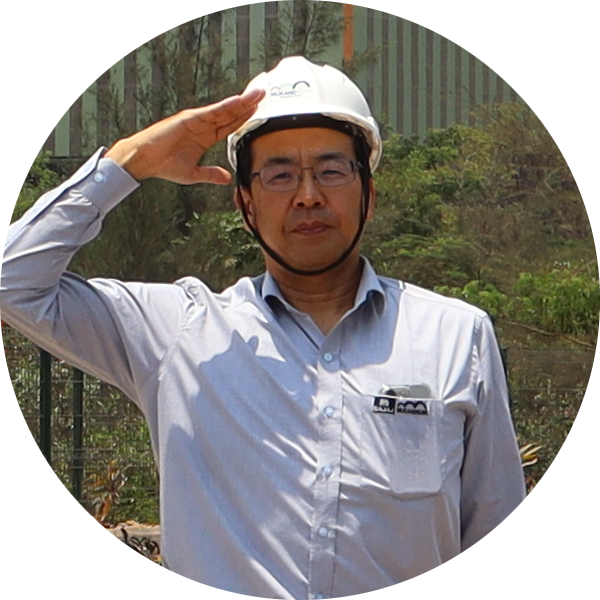
In 2018, Sumitomo Corporation entered India's specialty steel business through a joint investment with Mukand, the oldest specialty steel manufacturer in India. The company is engaged in the rolling, secondary pressing and sale of specialty steel, with Sumitomo Corporation being primarily responsible for operations and sales through its global network. Around 80 percent of the products sold through this venture are automotive parts. Maruti Suzuki, the Indian subsidiary of Japanese auto manufacturer Suzuki Motor Corporation, enjoys a share of around 50 percent of the passenger car market in India. To meet the needs of this Japanese-affiliated company, which has rigorous quality standards, we use the Japanese word "kaizen" (improvement) as a watchword. We share an awareness of the importance of creating high quality products by identifying issues and always looking for new ways to implement kaizen with local employees on the ground.
I am currently Co-CEO of a new plant that was completed in 2021, and my duties include plant management, human resources and materials development, and quality control. I have faced many challenges during my time in India, but was able to overcome them because of the trust between Mukand and its employees. The pandemic was particularly challenging as the lockdown delayed construction on the plant, and demand plummeted overnight. However, believing in a mantra of "if you make good products and provide them to customers, results will follow," I have continued to communicate to my employees our philosophy regarding Sumitomo Corporation’s reasons for participating in this business. The trust we’ve forged is now a major pillar of our continued success.
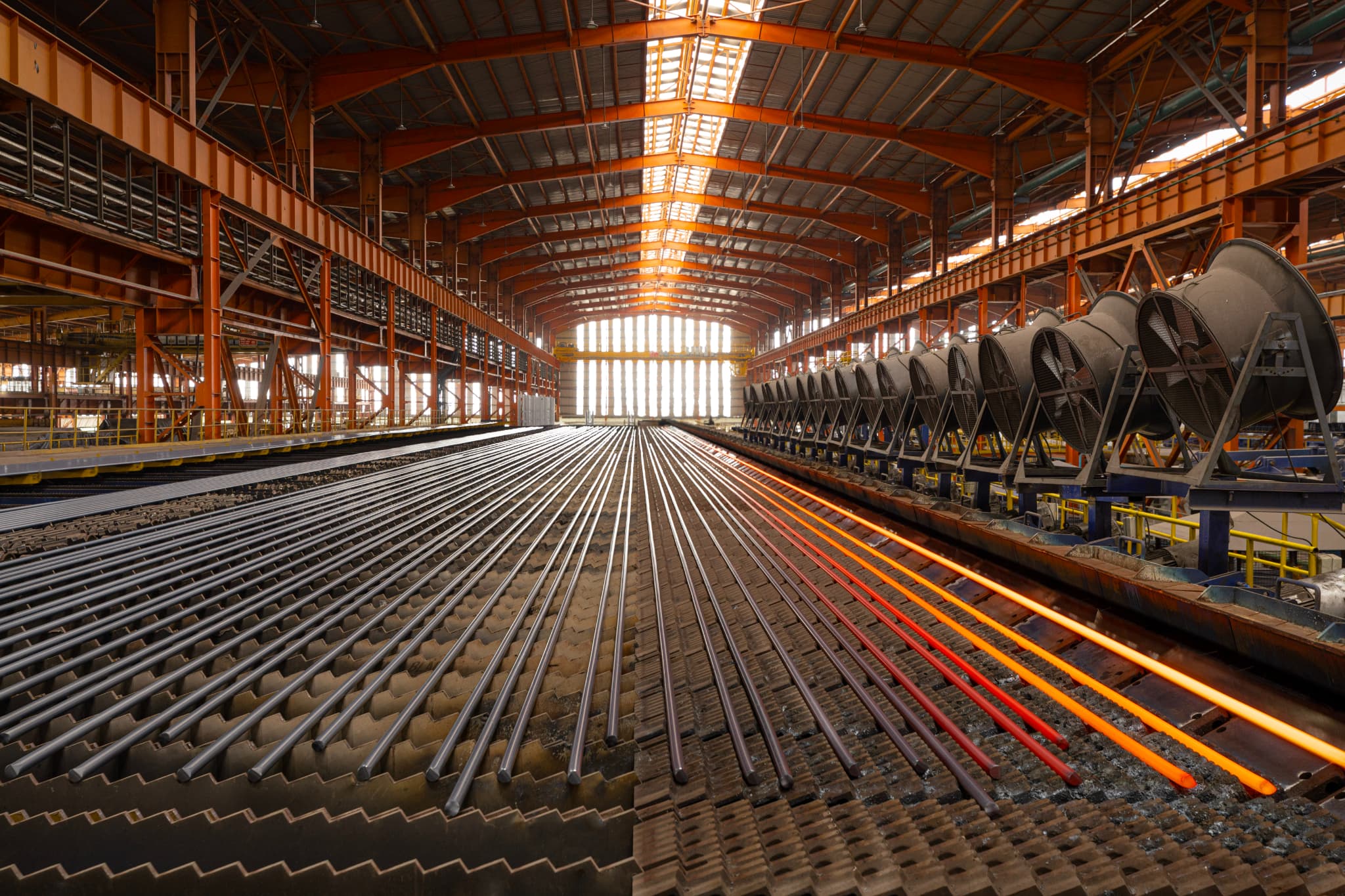
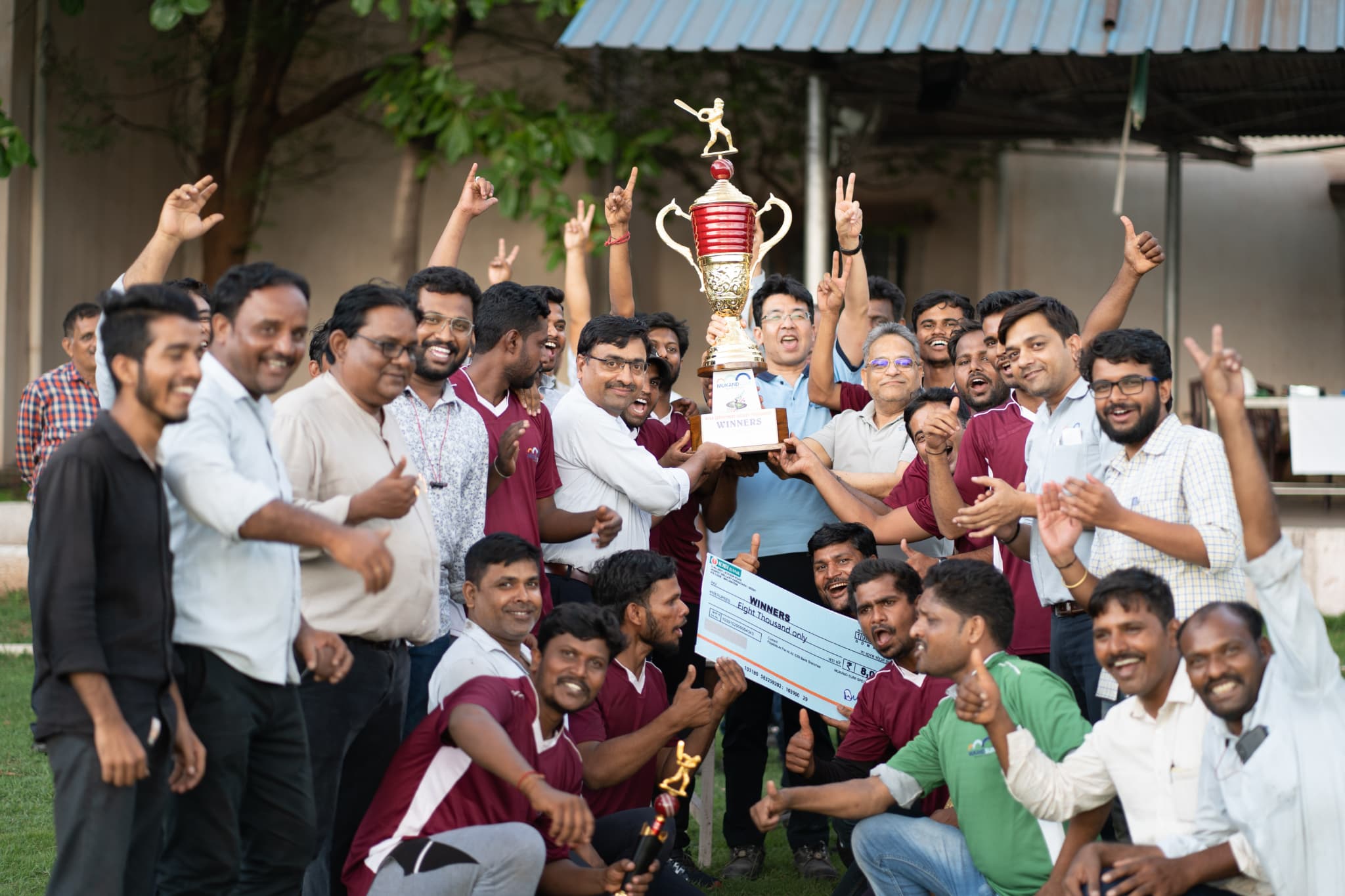
The Indian automotive market will continue to grow. Maruti Suzuki has announced plans to double its annual production from two million to four million units by FY30. Naturally, a major challenge will be to expand our production capacity in a timely manner. Expanding production will contribute to employment, industry and ultimately to the development of India as a nation. Looking ahead, our goal is not only to become India's No. 1 specialty steel manufacturer, but also to grow our business to a world-class level, to meet the ever-increasing global demand for steel.
[+Business]
Creating a New Town Anchored by Condominiums in an Up-and-Coming Area near Delhi
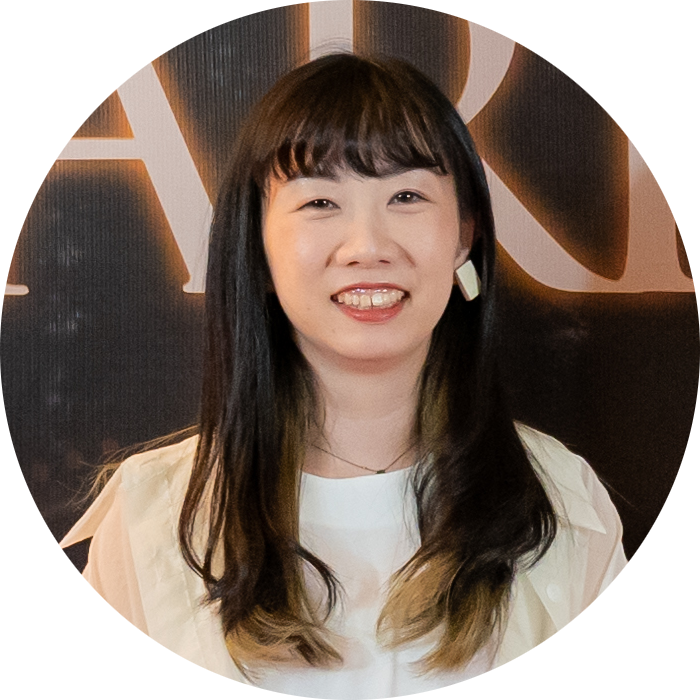
Currently, we are participating in "Krisumi City,” a project under development in Gurugram. Sumitomo Corporation became involved in this project in 2016. At the time, we were the first Japanese company to enter the tower development and sales business in India. Krisumi Corporation, a 50-50 joint venture between Sumitomo Corporation and its local partner, the Krishna Group, is a company that handles everything from land acquisition to sales, management and administration.
This is a large-scale development project with a total price tag of approximately 75 billion yen that involves the construction of 2,770 residential units, commercial facilities and office buildings on about 13 hectares of land. The project will be implemented in four phases, with the first phase involving the construction of three towers (433 units) on approximately two hectares of land, and the second phase, in which one tower (320 units) will be built on about one hectare of land. All units in these four towers have already been sold. Sales for the third phase of the project will begin this April, and the fourth and final phase is scheduled for completion in 2030.
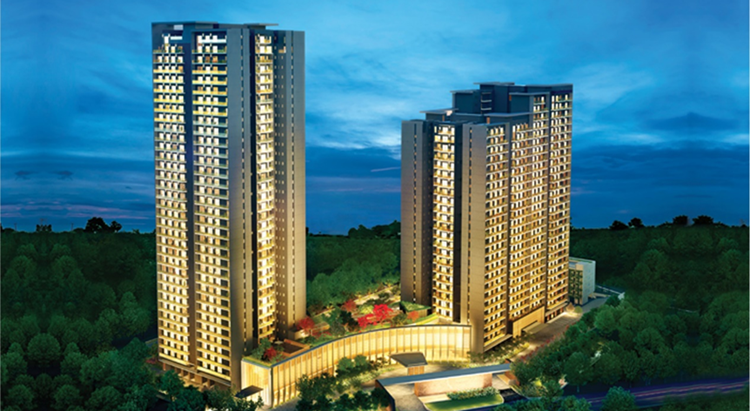


I am assistant to the Co-CEO of the operating company and the Japan Relationship Manager for this project. In the former role, I participate in meetings as a member of the management office, including meetings with design firms, internal meetings on construction and sales progress, and meetings on finance and accounting matters. I also act as a liaison with Sumitomo Corporation. In the latter role, my main task is to serve as the point of contact for Japanese tenants when Indian customers who have purchased condominiums lease their units. The condominiums we have developed were designed and built by a Japanese company, and their stylish design incorporating cool, gray tones – a rarity in India, is a selling point. Japanese appliances such as air-conditioners and toilets were also incorporated in the apartments as high-end interior design features.
Working in an environment with around 170 employees, there are of course times when work procedures and opinions do not necessarily coincide. There are significant differences in ideas of timeliness and planning versus doing business in Japan. Often deadlines pass without response. It’s not always easy to make progress as planned and there are times when I feel impatient. However, even in instances like this, I must remain conscious that if things don't work out, it is not about changing others but about changing myself. I make a point of discussing issues with local staff to ensure they are satisfied with the situation before we proceed.
For example, I give them earlier deadlines up front and check their progress on a day-to-day basis to ensure that the work is proceeding as smoothly as possible. As we proceed, it gives me great pleasure to see the number of people who understand my thinking and are willing to cooperate with me increase. I have learned a great deal while working in India, too. My Indian colleagues invariably find a solution to any problem that arises, and guide me to a resolution. This flexible approach to problem solving is called “Jugaad” in Hindi. Their ability to think on the fly and be resourceful when handling problems deserves respect, something that I’m conscious of on a daily basis.
The Indian real estate market is enjoying a growth spurt. Here in Gurugram, condominium prices have soared to around 1.7 times pre-pandemic 2019 prices. The population is growing, and the government is focusing on housing and urban development. I believe that we must respond to this ever-growing demand by building high-quality housing, and it is rewarding to be able to contribute to the country of India through urban development. I hope that we can continue to enrich the lives of people in India through the condominiums we are building.
[+Future]
Committed to India's Development Over the Mid- to Long-Term
Now that the coronavirus pandemic is under control, economic growth in India is gaining momentum. The country is also attracting increasing attention as a destination for Japanese companies. At Sumitomo Corporation, we also provide active support to companies looking to enter the growing Indian market. In March 2024, Sumitomo Corporation and Mahindra Industrial Park Chennai Limited (MIPC), the operator of an industrial park in the southern state of Tamil Nadu, entered into an agreement with Hiroshima Prefecture. The agreement has been made to facilitate the expansion of companies based in Hiroshima into India. Sumitomo Corporation will continue to build on the network it has cultivated and the trust the market has placed in it, and together we will make great strides from India to the rest of the world.
【+Life】
The Only Japanese Resident in Hospet, a City Where You Can Enjoy Idyllic India to the Fullest

I am the only Japanese person in Hospet, and unsurprisingly, there are no Japanese restaurants here. Many of my Indian colleagues eat curry and other spicy dishes at every meal. While I enjoy these dishes, eating curry three times a day can get a bit monotonous. So, I also prepare Japanese dinners using ingredients I find in the city.
Living in Hospet, which is by no means a convenient location, I feel a renewed capacity to find happiness; it’s wonderful to find joy in even the smallest things. When on vacation, I visit the nearby World Heritage site of Hampi or go to Thailand, a three-hour flight from the nearest airport in Bengaluru, for a change of scenery.
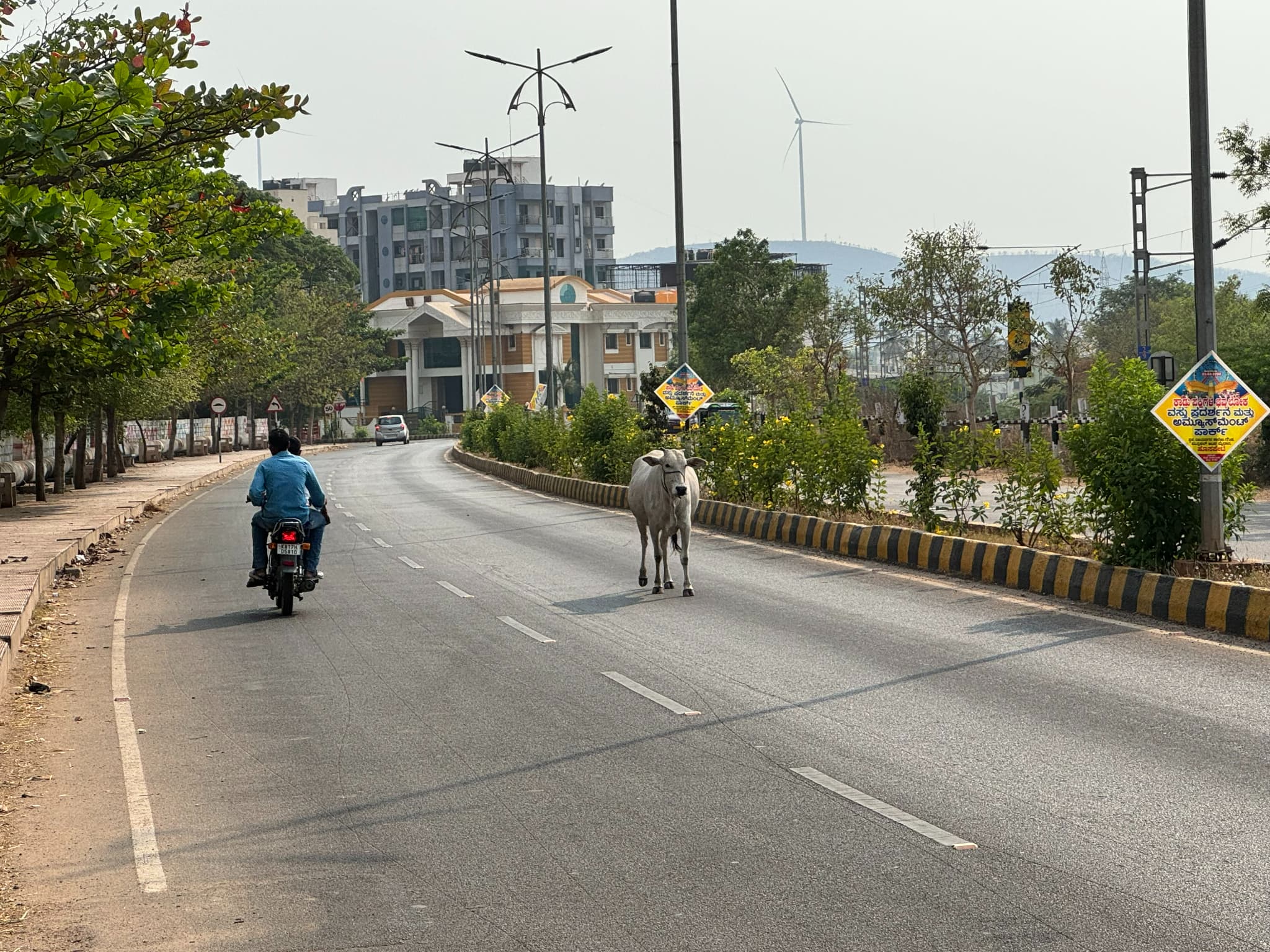
A cow takes a leisurely stroll, as wind turbines rotate in the background – a glimpse of India's rapid development
【+Life】
Living in Gurugram, an Urban City Where Many Japanese Companies Have Established Operations

Gurugram, the city where I live, has both Japanese restaurants and supermarkets selling Japanese foodstuffs, making it a comparatively easy place for Japanese people to live. The climate, on the other hand, is harsh. The temperature can reach up to 50° C in the summer and drop as low as 5° C in the winter. This is certainly one of the toughest parts of living here in India.
One of the recent pleasures I have discovered here in India is the ability to have clothes and jewelry custom-made at reasonable prices. I enjoy ordering dresses and accessories from tailors and jewelry stores here.
Also, because the country is so large, domestic travel offers very different landscapes, everywhere you go. We invite everyone to come and visit India, which has so much to offer, including highlands, lakes, deserts and more.

